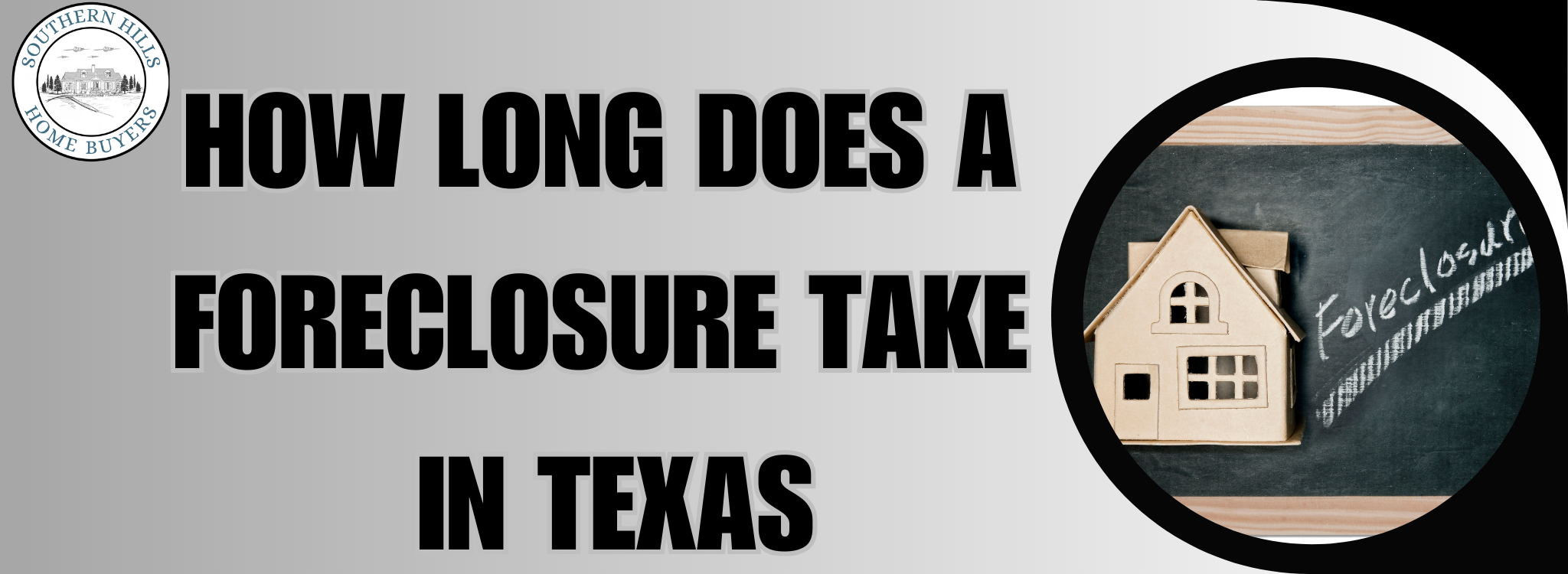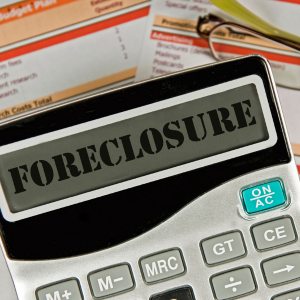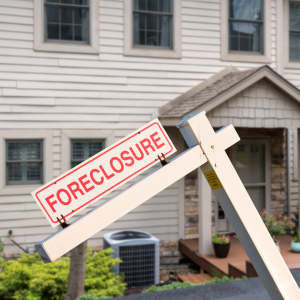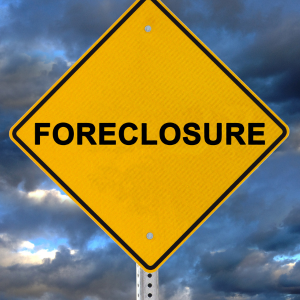
Essential Guide to Texas Foreclosures: Fast-Track Process & Investor Insights
Understanding the foreclosure process in Texas is important for both homeowners and investors. Texas has a quick foreclosure process, mostly using non-judicial foreclosures, which speed up property repossession. While timelines can vary, it often takes only a few months from missed payments to the auction. This webpage gives a clear guide on the Texas foreclosure process’s steps, timelines, and legal details. Whether you’re facing foreclosure or interested in property investment, this resource provides the basic information you need to make smart choices in the Texas real estate market.
Foreclosure in Texas: A Step-by-Step Guide to the Timeline

Knowing the foreclosure process in Texas is essential for homeowners in financial trouble with their mortgages. Texas has a shorter timeline than many other states because the process is mostly non-judicial. Lenders usually start foreclosure proceedings after multiple missed mortgage payments. Lenders usually allow a grace period, but once payments are significantly late, they send a notice of default, starting Texas foreclosure. This notice gives the borrower one last chance to make payments before the lender takes action.
Overall, the process can take 60–90 days in Texas. After receiving the notice of default, the borrower has 20 days to respond or negotiate with the lender. If nothing is done, the lender will post and file a notice of sale, a crucial foreclosure step. This determines the property auction date and location. The lender and borrower can negotiate until the auction. If no agreement is reached, the property is auctioned to the highest bidder, completing foreclosure. To successfully navigate Texas foreclosure, you must be proactive and communicate with the lender about mortgage issues. These steps help borrowers understand how fast time moves in this non-judicial system.
Texas Foreclosure Timeline: How Long Does the Process Take?

In Texas, homeowners facing financial difficulties often wonder how long a foreclosure takes. The Texas foreclosure timeline depends on the type of foreclosure and lender response, so understanding it is crucial. Due to its non-judicial foreclosure process, Texas foreclosures move quickly. The lender can start a power of sale foreclosure after proper notice if a homeowner misses loan payments. The foreclosure process can take 60 days from the notice of default to the foreclosure sale, showing how quickly this can change. A homeowner who contests or defends foreclosure can delay the process significantly.
According to Texas law, lenders must give homeowners a 21-day notice before selling, allowing them to seek loan modifications or stop the process. How much time does it take to resolve these issues? Lender actions frequently determine whether to proceed with or pause foreclosure. No judicial foreclosure is required if the homeowner requests a court hearing, but it may delay the proceedings. However, Texas foreclosures move quickly, so many conclude that acting quickly is key. In conclusion, the duration of foreclosure in Texas is influenced by the lender’s speed of foreclosure sale or the homeowner’s negotiation with the lender.
What is the Foreclosure Process in Texas?

Property owners in Texas must understand the crucial foreclosure process. Texas has a non-judicial foreclosure process that is faster and simpler than judicial foreclosures. The lender will contact the borrower about loan default, send legal notices, and potentially sell the property if the loan is not restored. A lender will send a notice of default if a borrower misses multiple payments. This formalizes the Texas foreclosure process and warns of loan default. Notices lead up to the foreclosure sale.
Owners should know that foreclosure can damage credit and ruin their chances of buying property. Given its speed, foreclosure-facing borrowers must quickly understand their options. Considering selling before sending sales notices may be wise if the property has significant equity. TX foreclosures sell real estate quickly after the initial default notice. Professional foreclosure services can benefit these difficult times, but a Texas foreclosure lawyer is invaluable. An expedited resolution can protect one’s credit and real estate.
Is Texas a Judicial Foreclosure State or Non-Judicial?

In Texas, is foreclosure judicial or non-judicial? Lenders and homeowners often ask this. Texas is primarily a non-judicial foreclosure state. Unless the borrower disputes it, non-judicial foreclosures don’t involve the courts. This means the lender can usually foreclose without a court hearing. If the lender sues to foreclose, a foreclosure can become judicial. Texas mortgages and deeds of trust often include a power of sale clause, enabling lenders to foreclose without judicial process. Texas law allows the lender to sell the property if this clause exists after providing notices and following legal timelines.
However, a Texas judicial foreclosure involves the lender suing the borrower for mortgage default. In such cases, the court oversees foreclosure. Texas prefers the non-judicial method for its speed and efficiency, but the court can intervene in disputes. Lenders and borrowers must know if Texas uses judicial or non-judicial foreclosures. They can better handle missed mortgage payments and foreclosure under Texas law. Thus, knowing the type of foreclosure in Texas helps predict mortgage arrears outcomes. Although the court may play a role, most foreclosures in Texas are handled non-judicially.
Additional Texas Foreclosure Resources
- Can You Stop A Foreclosure Once It Starts In Texas
- Can I Get My House Back After Foreclosure In Texas
- Can Someone Take Over My Mortgage In Texas
- Can You Sell a House in Forebearance Texas?
- Can An HOA Foreclose On A House in Texas
- How Long Does a Foreclosure Take in Texas
- How To Sell A House In Foreclosure In Texas
How Many Missed Payments Before Foreclosure Initiates?

Texas foreclosures depend on missed payments and lender notices. Most lenders start foreclosure proceedings after a borrower misses several mortgage payments, but homeowners must understand that foreclosure doesn’t start with the first missed payment. Instead, mortgage companies send a notice of default to homeowners behind their payments.
Borrowers should know that lenders may start foreclosure after a default notice. Lenders may act earlier than HUD guidelines depending on the loan agreement if the borrower has missed at least three payments. Communication is key, and homeowners should receive all lender notices.
Borrowers can avoid foreclosure through loan modification or repayment plans rather than receiving a notice of default. Proactive measures may prevent foreclosure. A common misconception is that one missed payment means automatic foreclosure, but standard practice allows several chances to correct the default before further foreclosure action is taken. Since foreclosure timelines move quickly after a notice of default, borrowers who ignore lender notices risk serious consequences.
Understanding the timelines and implications of these notices is crucial. Knowing how Texas foreclosures work helps homeowners address default situations quickly and take advantage of available options to prevent foreclosure. Knowing the exact number of missed payments that trigger foreclosure and their legal notice rights gives peace of mind during difficult times. Prompt action at the first sign of default can prevent Texas foreclosure.
Navigating Foreclosure in Texas: How Long Does the Process Last?

Texas foreclosure can be difficult, especially when unsure of the duration. Texas foreclosures are non-judicial, so they move quickly. Much depends on loan terms, mortgage agreements, and property details. Texas lenders can start foreclosure after missed mortgage payments with a notice of default. Being aware of the consequences of non-payment is crucial because three missed payments can start the foreclosure process. Texas foreclosures typically take 60 to 90 days from the notice of default, depending on legal factors and the home or property owner’s response.
You must understand state law and how it may affect your time before losing your home when dealing with a mortgage lender. The foreclosure process involves notices and auctions, requiring careful navigation. Homeowners need legal representation to handle foreclosure. Texas is a non-judicial foreclosure state, so the process moves faster than in judicial states. Understanding mortgage and foreclosure laws can prevent or delay home loss. Seeking legal advice early can be strategic. To navigate the complex foreclosure landscape in Texas, be proactive about your property, loan, and mortgage situation.
Foreclosure in Texas: How Long Will It Take to Lose Your Home?

Understanding the duration of Texas foreclosure is crucial for borrowers and lenders. Texas foreclosures can happen quickly, catching borrowers off guard and causing them to lose their homes. Foreclosure time depends on many factors, including whether it is judicial or non-judicial. Texas typically uses non-judicial foreclosures, which can be completed in as little as 41 days from default notice to sale. Borrowers should also consider lender-specific timelines and federal protections that may slow the process. Disclosing can begin after two missed payments, leading to home loss.
Delays or disputes between the borrower and lender can also affect the foreclosure timeline. Understand these dynamics to estimate how long it will take to lose a home. Communicate with your lender to find foreclosure solutions. Under Texas law, borrowers can delay or explore loss mitigation options. By understanding the Texas foreclosure process, you can learn how long it takes and how to avoid losing your home. When facing foreclosure in Texas, borrowers and lenders must comply with federal and state regulations.
Understanding Foreclosure in Texas: What Homeowners Need to Know
If you’re a Texas homeowner dealing with financial issues, knowing how foreclosure works is important. The process can move quickly, but there are steps you can take and legal rights that might slow things down. By learning about the process and getting advice from experts, you may be able to find ways to keep your home. Whether you own a home or invest in real estate, understanding how long foreclosures usually take and the main steps involved can help you make better decisions. Don’t hesitate to contact professionals who can advise you on your situation.
This information applies to Texas and its cities, including Coppell, Sherman, and Red Oak. For assistance or questions, please call us at (214) 225-3042. You can also visit our website at Southern Hills Home Buyers for more details.




